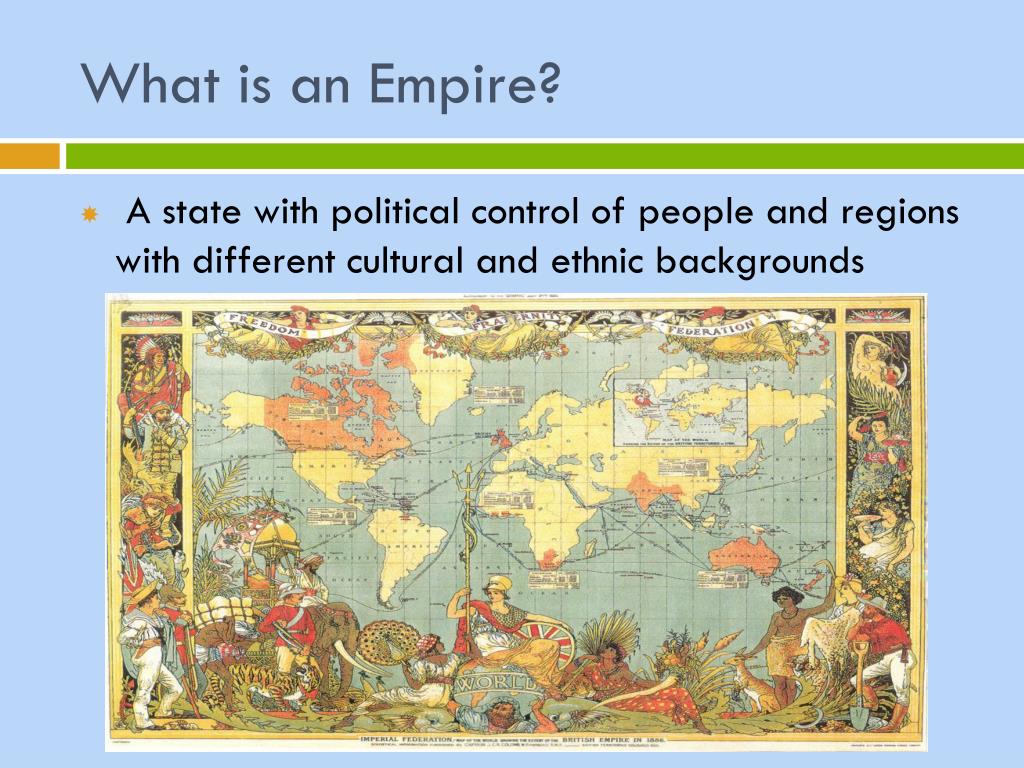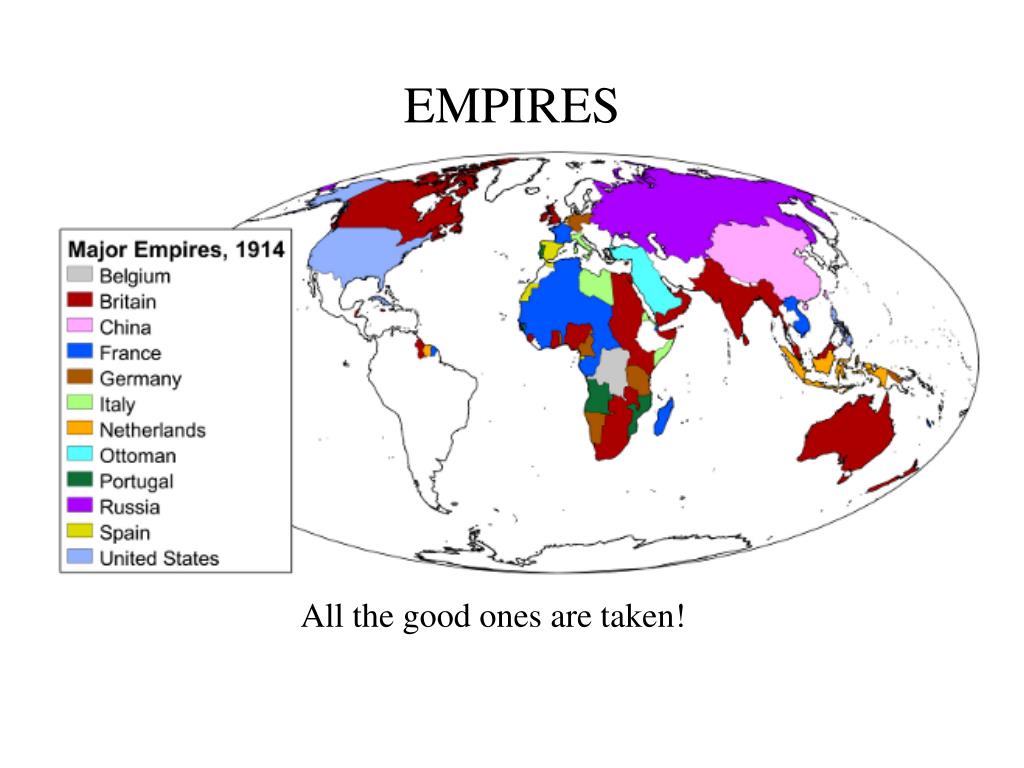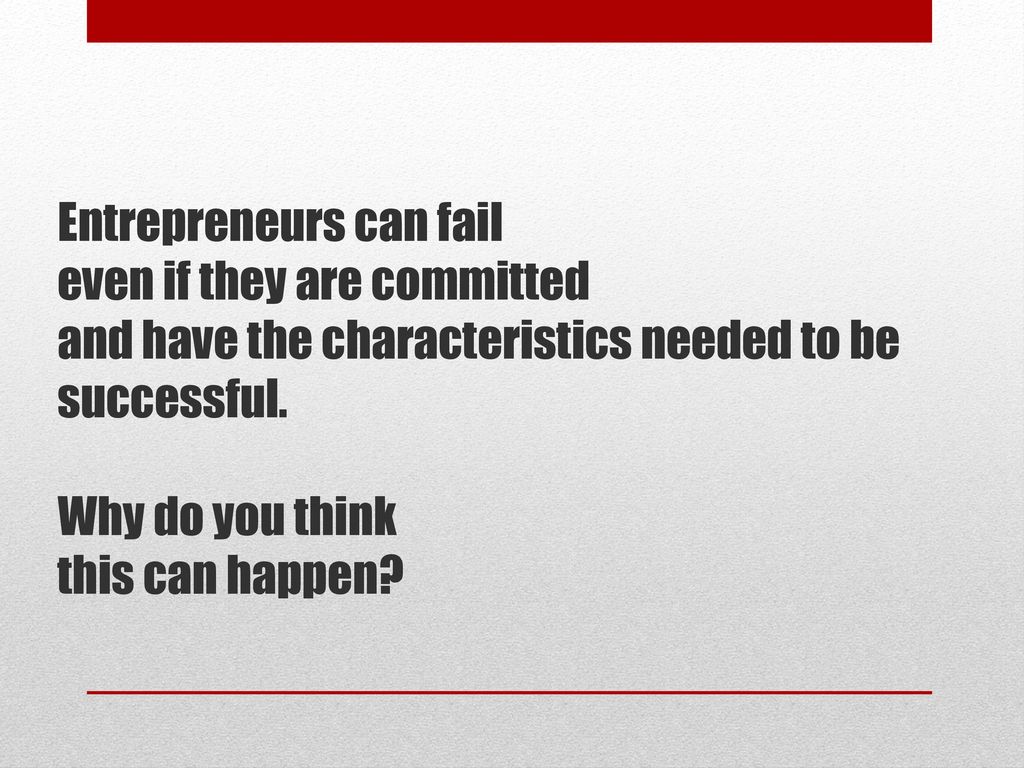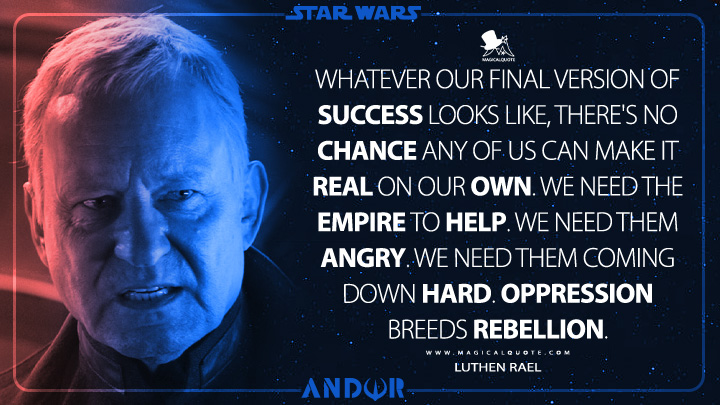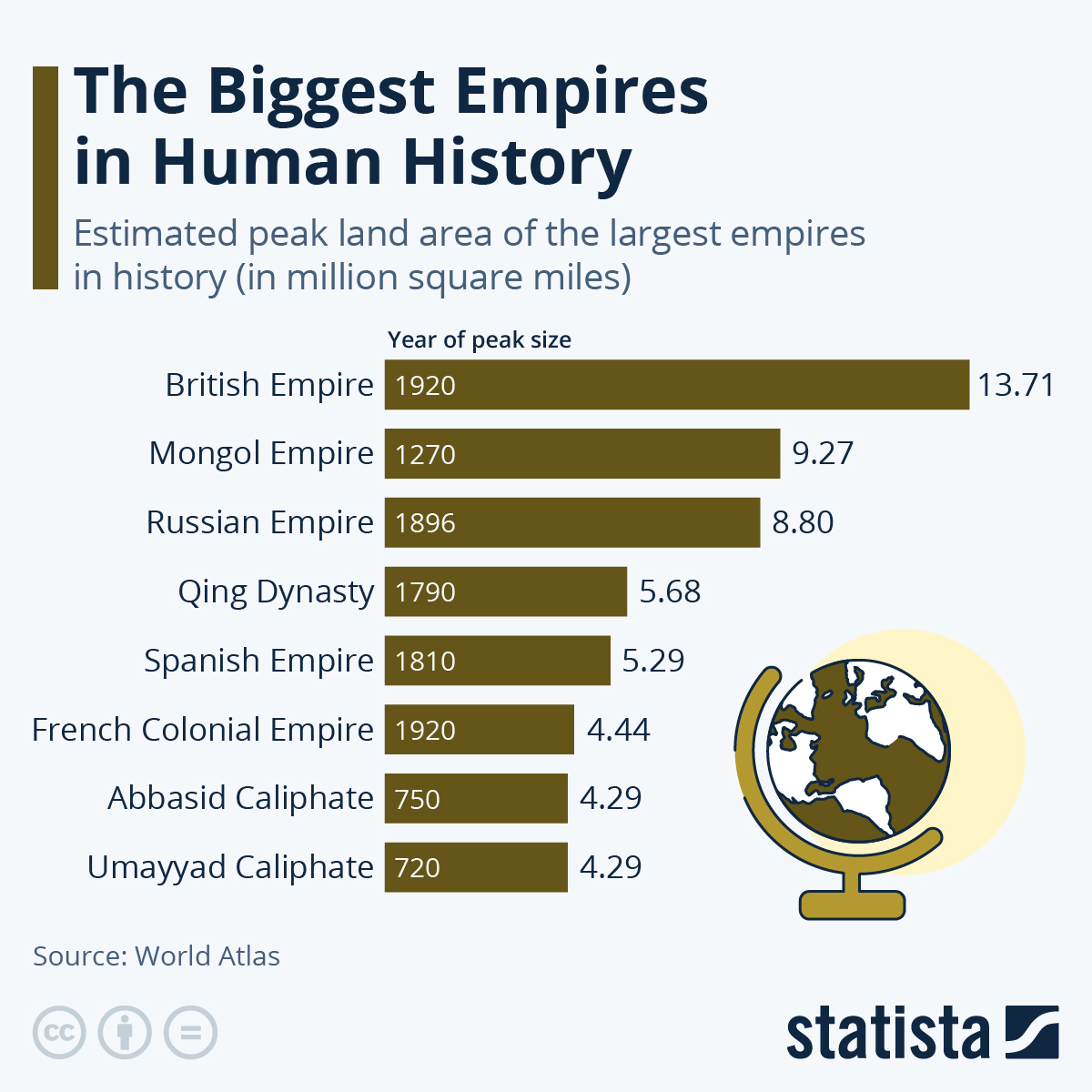What Does An Empire Need To Be Successful

From the rise of Rome to the expansion of the British Empire, history is replete with examples of powerful entities exerting dominance over vast territories and diverse populations. But what are the core ingredients that transform a mere power into a lasting and successful empire? Is it simply brute force, or are there more subtle, sophisticated elements at play that determine whether an empire thrives or crumbles?
At its heart, the success of an empire hinges on a complex interplay of factors. This includes robust economic foundations, effective governance and administration, military strength coupled with strategic diplomacy, a unifying ideology or cultural identity, and the ability to adapt to changing circumstances. Neglecting any of these critical components can sow the seeds of decline, regardless of initial power or territorial reach.
Economic Foundations: The Engine of Empire
A strong economy is arguably the bedrock of any successful empire. It provides the resources necessary to fund military campaigns, infrastructure projects, and the administrative apparatus required to govern vast territories. Think of the Roman Empire, whose vast wealth, derived from agriculture, trade, and resource extraction from conquered lands, fueled its expansion and sustained its legions.
Professor Alistair Macaulay, a leading economic historian at the University of Oxford, argues that "the control of vital trade routes and resources is paramount. An empire must be able to generate wealth and redistribute it effectively to maintain stability and loyalty among its diverse populations." Without a flourishing economy, an empire risks internal dissent and vulnerability to external threats.
However, economic exploitation alone is not a sustainable strategy. A successful empire fosters economic integration and development within its territories. This encourages trade, specialization, and innovation, further boosting overall prosperity and solidifying the empire's control.
Governance and Administration: The Backbone of Order
Effective governance is crucial for maintaining order, resolving disputes, and ensuring the smooth functioning of an empire. A well-structured administration, staffed by competent and accountable officials, is essential for implementing policies, collecting taxes, and providing essential services to the population.
The Mongol Empire, despite its brutal origins, established a remarkably efficient administrative system that facilitated trade and communication across its vast domains. Their use of standardized weights and measures, coupled with the establishment of secure trade routes known as the "Silk Road," fostered economic growth and facilitated cultural exchange.
Corruption, inefficiency, and a lack of accountability can undermine even the most powerful empires. The late Roman Empire, plagued by political instability and bureaucratic decay, serves as a cautionary tale of the consequences of neglecting good governance.
Military Strength and Strategic Diplomacy
Military might is often seen as the primary driver of imperial expansion and dominance. A strong and well-equipped army is essential for conquering new territories, suppressing rebellions, and deterring external threats. However, military strength alone is not sufficient for long-term success.
Strategic diplomacy plays a crucial role in managing relations with neighboring powers, securing alliances, and preventing costly wars. Niccolò Machiavelli, in his seminal work "The Prince," emphasized the importance of rulers being both feared and respected, able to use force when necessary but also adept at negotiation and compromise.
Over-reliance on military force can lead to overextension and exhaustion, as demonstrated by the fate of Napoleon's empire. A successful empire balances military power with diplomatic finesse, seeking to maintain stability and prevent unnecessary conflicts.
Unifying Ideology or Cultural Identity
A shared sense of identity, whether based on religion, language, or culture, can bind diverse populations together and foster loyalty to the empire. This unifying ideology provides a common purpose and encourages cooperation, reducing the likelihood of internal strife and rebellion.
The British Empire, for example, promoted its language, legal system, and political institutions throughout its colonies. This created a sense of shared identity among the educated elites, facilitating British rule and shaping the political landscape of its former colonies long after independence.
However, imposing a cultural identity on unwilling populations can be counterproductive. A successful empire recognizes and respects cultural diversity, finding ways to integrate different groups into a larger whole without suppressing their unique identities.
Adaptability: The Key to Longevity
Perhaps the most crucial ingredient for imperial success is the ability to adapt to changing circumstances. Empires must be able to respond to new challenges, whether economic crises, environmental changes, or the rise of new powers. Those that remain rigid and inflexible are doomed to decline.
The Ottoman Empire, which lasted for over six centuries, demonstrated remarkable adaptability. It adopted new technologies, reformed its administrative system, and adjusted its foreign policy in response to changing geopolitical realities. However, its failure to fully embrace the industrial revolution ultimately contributed to its decline.
In conclusion, the success of an empire is not solely determined by military might or economic power. It requires a complex combination of factors, including effective governance, strategic diplomacy, a unifying ideology, and, above all, the ability to adapt to changing circumstances. As the world continues to evolve, the lessons of past empires remain relevant, offering insights into the challenges and opportunities facing powerful nations today.
